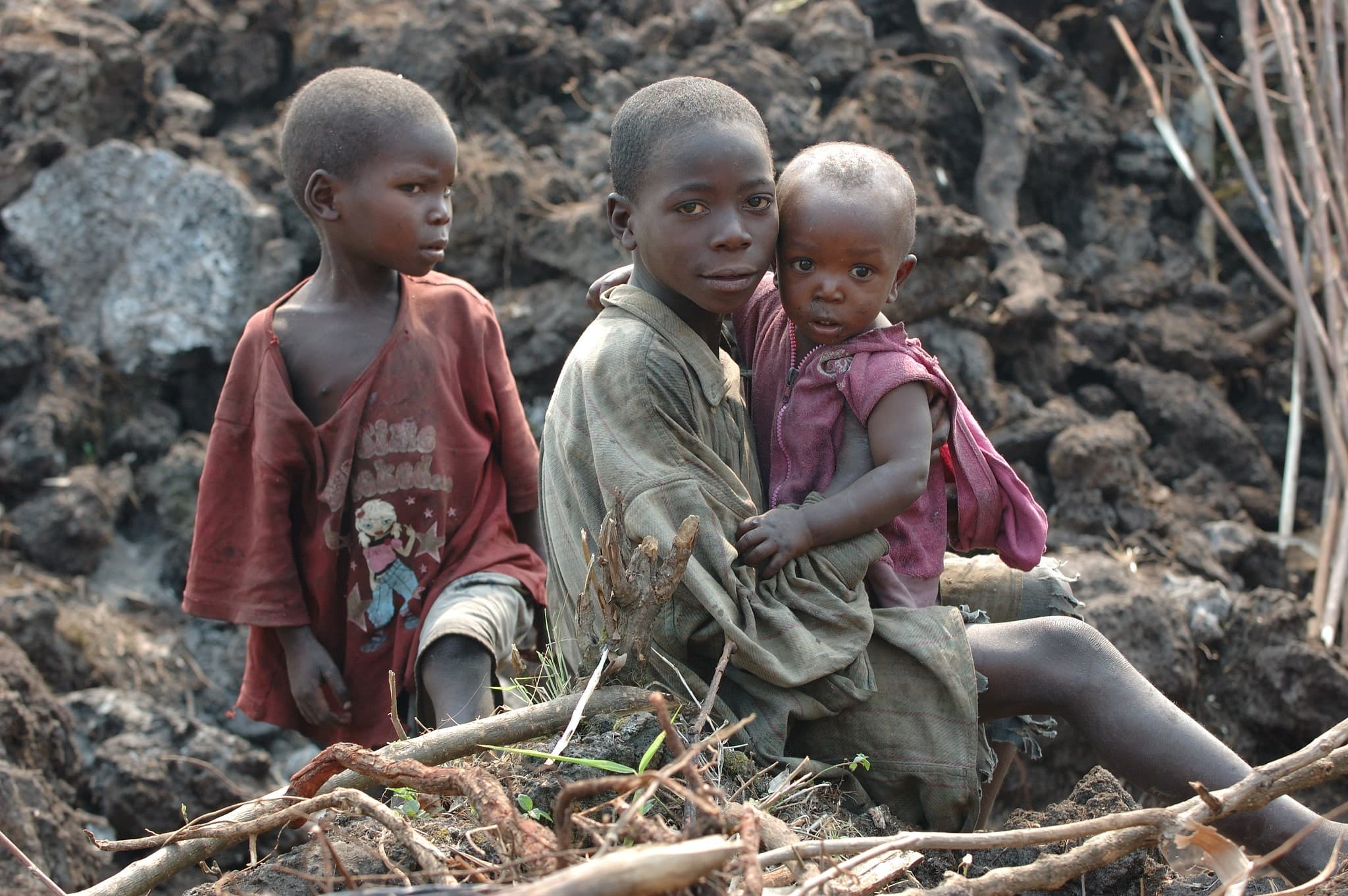Child Trafficking and Forced Labor Persist in Congo and Sudan Amidst Conflict

Recent social media content has drawn attention to the harrowing reality of child trafficking and exploitation in the Democratic Republic of Congo (DRC) and Sudan. A tweet from "Poirot" described a "market of children" where individuals as young as two years old are reportedly "sold in bags" for forced recruitment by guerrilla groups, labor in mines, and other forms of trafficking. This graphic account highlights the severe human rights abuses prevalent in these conflict-ridden African nations.
In the Democratic Republic of Congo, child labor and the use of child soldiers remain pervasive issues, fueled by widespread poverty and ongoing armed conflicts. Children, some as young as six, are routinely exploited in artisanal cobalt and other mineral mines, facing hazardous conditions, violence, and minimal to no pay. Reports from the U.S. Department of Labor indicate that despite some government efforts, thousands of children continue to be involved in dangerous mining activities, often subjected to forced labor.
Beyond mining, numerous children in the DRC are forcibly recruited by various armed groups, serving as combatants, porters, or in other support roles. The U.S. State Department's 2025 report notes that the Congolese National Army (FARDC) has, at times, collaborated with or provided material support to armed groups known for recruiting children, exacerbating the problem. Former child soldiers often face re-recruitment due to insufficient rehabilitation services.
Similarly, Sudan grapples with a significant crisis of child trafficking and forced labor, intensified by prolonged internal conflicts and mass displacement. Children are highly vulnerable to abduction and recruitment by armed factions, or being trafficked for domestic servitude, agricultural work, or sexual exploitation. The ongoing instability creates an environment where traffickers operate with increased impunity, leaving countless children unprotected and at grave risk.
International organizations and human rights groups consistently document these abuses, calling for urgent interventions. Efforts include supporting vulnerable communities, implementing child protection programs, and advocating for stronger legal frameworks and enforcement against traffickers. However, the deep-rooted nature of these issues, coupled with political instability and economic hardship, presents formidable challenges to eradicating child trafficking and forced labor in these regions.